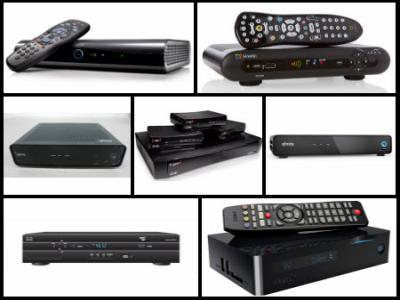Comcast Raises More Concerns About FCC’s STB Rules
The smarter way to stay on top of the multichannel video marketplace. Sign up below.
You are now subscribed
Your newsletter sign-up was successful

Get complete coverage of the FCC's set-top proposal.
Comcast, which has already slammed the FCC’s proposed set-top rules, took another swipe at them in a recent meeting with commission staffers that expanded on the MSO’s (and the cable industry’s) argument that using an apps-based approach is the best way forward.
For starters, Comcast argued in an ex parte filed May 11 that the software code it uses to manage requests for programming and data between its set-top boxes and authenticated Xfinity TV apps and where the programming is cached on the network will likewise need to be supported on third-party video devices using an app.
Comcast told the commission that “running our network code directly on third-party devices without our application was not feasible for a variety of reasons,” noting that that MVPDs use different network infrastructures and that the code that one MVPD develops for this purpose differs from the code developed by other MSOs.
Additionally, Comcast argued that code “is regularly updated to accommodate network and service changes, and corresponding changes would be required in the third-party device (or app); and that programmers and content owners require a trusted execution environment as a key element of a strong content security and content presentation regimen.”
Comcast also said its IP cable service is delivered on a unified, cloud-to-ground, unicast basis and that the code in its app uses network management tools ensure efficient use of bandwidth -- something that, Comcast claims, would be lost under the FCC’s proposal.
Comcast also raised concerns about how programming “entitlements” (marketing and business rules) could be impacted by the proposed rules, noting that Comcast and other MVPDs do not deliver entitlements in a standardized way, meaning that the FCC’s rules would require “significant changes” to entitlement servers and other pieces of MVPD networks.
The smarter way to stay on top of the multichannel video marketplace. Sign up below.
The MSO also touted its new Xfinity TV Partner Program for retail devices, with initial work involving Roku and Samsung, explaining that it relies on HTML5 with premium media extensions -- calling it a “widely adopted” open standard.
Comcast also attempted to address an issue raised by TiVo and others that an apps-based approach would constrain the use third-party user interfaces. Comcast countered that retail partners would still be free to develop and use their own UIs because Comcast’s HTML5-based apps would appear as an element in their “umbrella” user interfaces alongside other apps.
Those arguments appear to have had little sway on FCC chairman Tom Wheeler.
The proposal “has gotta be done. And that’s the road we are headed down,” Wheeler said in late April. As for Comcast’s new program, Wheeler said it “is proving our point that you can take a third-party device, put set-top box functionality into it, and protect copyright and the economic ecosystem.”
